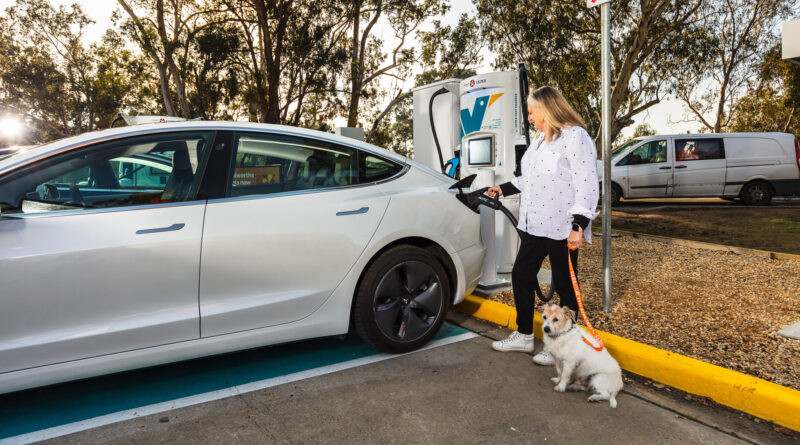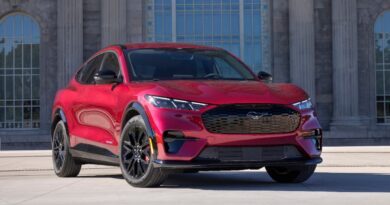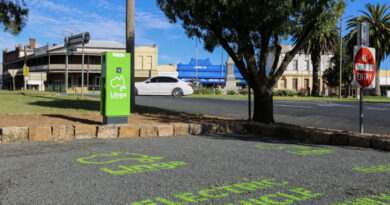EVs “unaffordable and unavailable” due to “Australian policy failures”
Australia now has a Government “that gets it” and there’s opportunity to give Australians access to the “world’s best transport technology.” Namely, more and cheaper electric cars.
Words from Chris Bowen, minister for climate change and energy in the new Albanese Government, as he addressed the National EV Summit in Canberra this morning.
While criticising the previous Government’s feet-dragging EV policies, he stated: “Policy settings are denying Australians real choice of good, affordable, no emissions cars.”
A consultation paper was also promised to “explore options for the introduction of fuel efficiency standards.”
READ MORE: CO2 standards need to match Europe, US and should be linked to EV incentives
READ MORE: Why buying an EV in Australia is about to get cheaper
This would mean bringing Australia in line with most global car markets and stop us being seen as a dumping ground for inefficient vehicles that can’t be sold in stricter markets.
Mr Bowen said: “Apart from Russia, Australia is the only OECD country to not have, or be in the process of developing, fuel efficiency standards.”
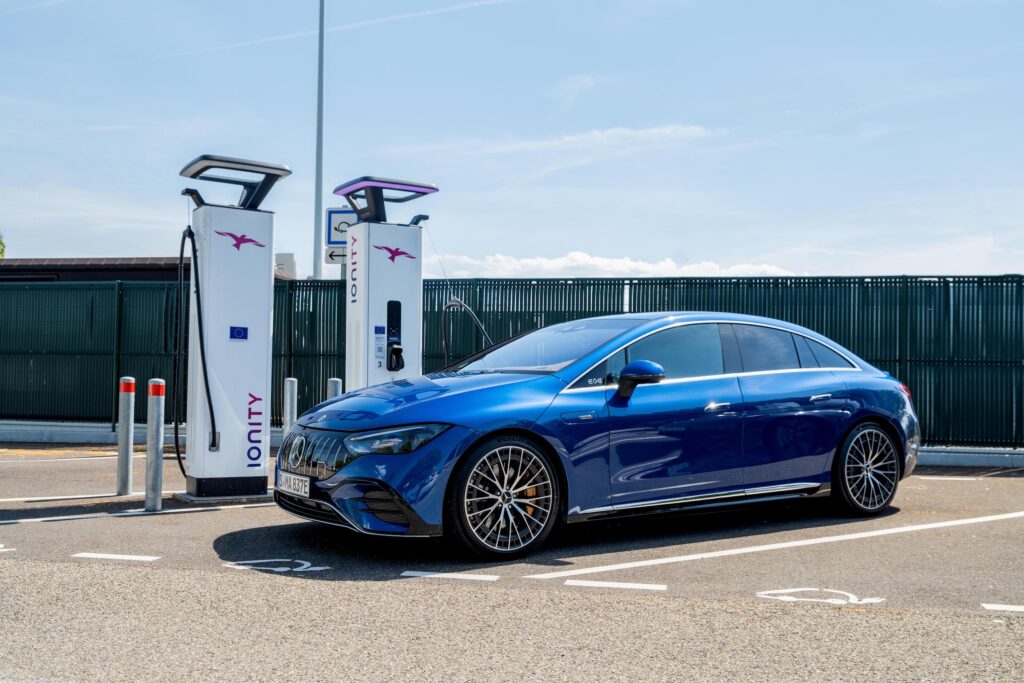
Australia has yet to implement strict ‘Euro 6’ vehicle emissions standards, already adopted by 80 per cent of the global car market.
The EV Summit was organised by the Electric Vehicle Council, Smart Energy Council and the Australia Institute.
No radical moves… yet
So what is he going to do about it? If you were hoping for or expecting firm, immediate action, it’s another disappointment.
The speech mentioned plenty of consultation processes, constructive conversations and “genuine discussions” before Government could think “details of implementation through carefully.”
It was suggested, once all is considered and agreed upon, actions should then be swift to turn around the impacts of ten years of denial and delay.
“We are committed to the development of Australia’s first National Electric Vehicle Strategy,” Bowen said, while confirming “discussion papers” would be released during September to inform the development of the strategy. More planning… and when pushed, Bowen told journalists “I’m not going to give a timetable on it.”
Addressing the summit, Kylea Tink MP, Member for North Sydney, was one speaker encouraging more of a hurry-up.
“We don’t have three to five years to kick it around,” she said of Australia’s EV policies. “The marketing opportunities are collapsing around us. If we don’t do it, others will.”
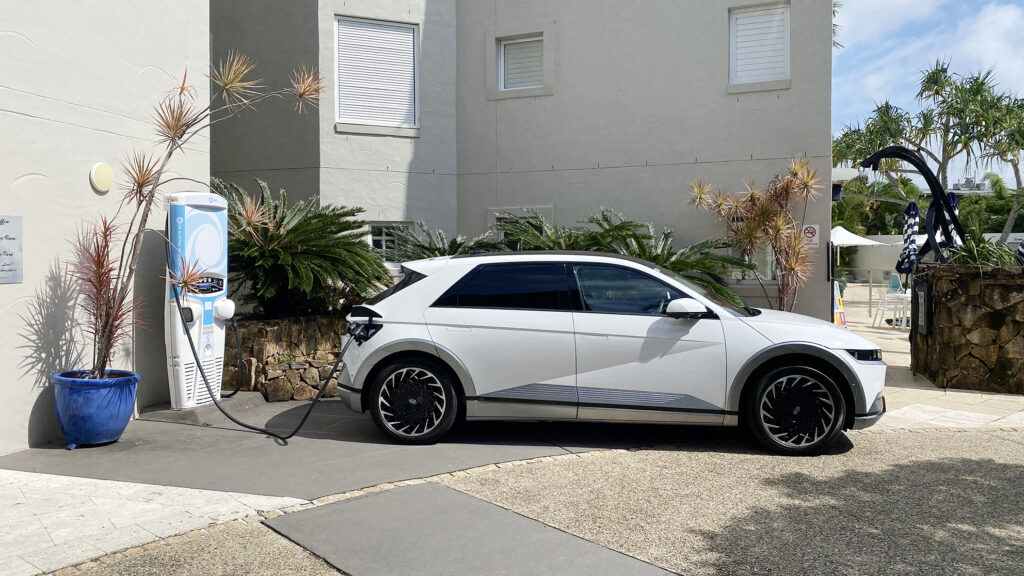
The independent MP certainly sounds like an elected representative who really does “get it” when it comes to the urgency needed.
MP for Goldstein in Melbourne, Zoe Daniel, was also keen to stop kicking the can down the street. She told Guardian Australia: “A lot of evidence is already known, so there’s not a lot of new news. I’d (like) to see it come before the end of the year.”
Plans and goals
Set goals were laid out by Chris Bowen MP. All pretty obvious.
To make EVs more affordable. To drive more choice in the market. To drive EV uptake. To reduce emissions. To save us money on fuel. To ensure we take advantage of local manufacturing opportunities (the electric vehicle supply chain – Australia digs up a lot minerals needed to make EV batteries, but most of it is sent offshore for the work to be done elsewhere.)
On a proposed vehicle emissions standard, Bowen said it must be designed specifically for Australia. But “standards that lack ambition will still leave us at the back of the global queue for cheaper, cleaner vehicles. We need to aim for as close to best practice as is achievable.”
Volkswagen Australia boss Paul Sansom told the summit that every second customer going into its car dealerships were asking about EVs.
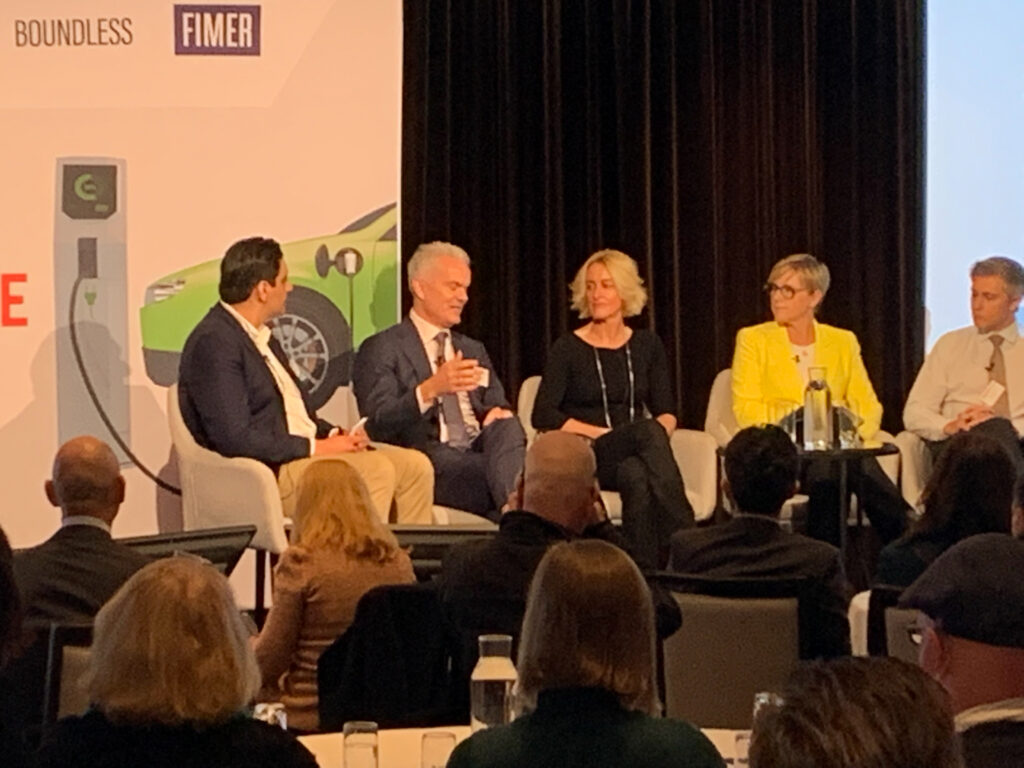
Mr Sansom told the Summit that a “federally mandated emissions target for our industry is non-negotiable if Australia’s supply of electric vehicles is to grow from a trickle to a flow and thereby start to meet ever growing demand.
“Markets where auto makers face financial consequences for failing to meet targets are prioritised for zero emission vehicles. Volkswagen Group Australia wants binding regulations that compel our factories to consider us. Greater supply inevitable leads to greater affordability.”
Figures show Australia’s current EV and PHEV uptake is roughly 2 per cent, while the UK was at 15 per cent and Europe as a whole at 17 per cent.
Bringing prices down
Bowen pointed out the Government had already acted to make EVs cheaper “through the removal of fringe benefits tax and the five per cent import tariff for eligible electric vehicles.”
It was noted, however, that while the UK market had a choice of 26 low-emissions vehicles costing under $60,000, in Australia the number was only eight.
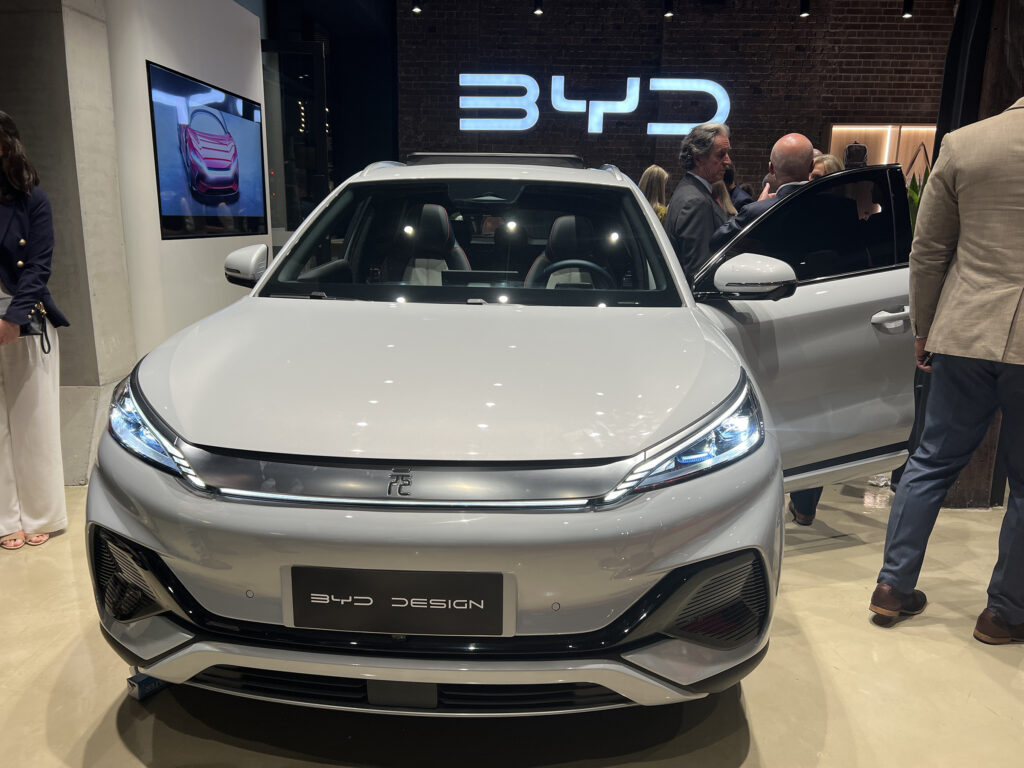
Positively, the fringe benefits tax changes mean a $50,000 EV would be up to $4700 cheaper for someone using a salary sacrifice arrangement, or an employer paying for the same model could save up to $9000 a year.
“Electric vehicles are not and cannot be the preserve of the well off and urban” Bowen said. “We want policy settings that make them available, affordable and attractive to all.”
More wants… more promises.
But putting cynicism aside, Bowen’s speech to the National EV Summit hopefully expedites meaningful change as Australia desperately tries to play catchup with EV and fuel emissions policy.

